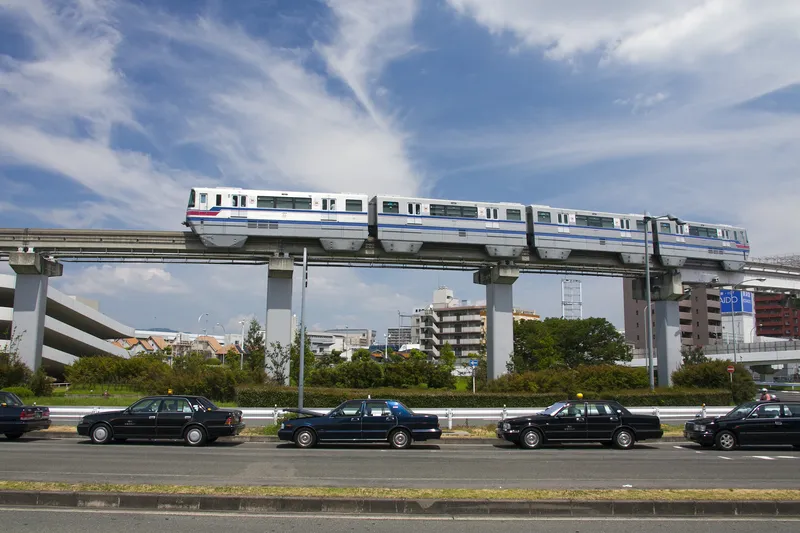Bedford Borough Council has used
Additionally, Bedford has used the cloud-based service to plan transport 700 special educational needs and 1000 social care users. The council manages a fleet of approximately 50 in-house vehicles which mainly transport the most vulnerable people.
The product is also said to have helped the council remove eight buses from the network through improved vehicle utilisation.
Chris Pettifer, chief officer for transport, Bedford Borough Council, said: “With council budget restrictions and policy changes we knew we had to review the council’s client transport network significantly. We needed software that could support this process of the best routes and vehicle suitability in view of all the complexities of school, special needs and social care transport. Over the years we have tried different systems but none really delivered what we needed and were also costly. Qroutes has conversely been fantastic in providing an easy to use interface that cannot only re-plan our network in minutes but was also available as an affordable solution over the web.”
“It used to take days or weeks to re-plan routes, but with Qroutes we can run a new plan for 3,000 school bus children literally in minutes. We manually intervene sometimes as some individual requirements can be very unusual, but the system saves a lot of time and we can run different ‘what if’ scenarios to work out the best options”, added Pettifer.
Qroutes is available as a Software as a Service subscription. Subscribers have access to new functionality as releases come online, without having to update versions locally.









